The business heartbeat of Yorkshire is a rhythm of change, where static practices find little room. Traditional training methodologies are slowly making way for more fluid, real-time learning experiences. Companies nurturing a culture of continuous learning often stand strong and resilient amidst challenges.
Adaptive learning pivots from a rigid curriculum, recognising the corporate arena as a complex, unpredictable entity. It’s about arming your workforce with the skills and knowledge to respond swiftly and effectively to varying scenarios. This training ethos isn’t a fleeting trend but a cornerstone for organisations aspiring to flourish amidst uncertainty.
Promote a learning milieu where individuals are spurred to expand their horizons, learn from missteps, and evolve continually. Through this, you’re enhancing employee skills and ensuring your business remains agile and competitive.
Fostering An Innovative Mindset
Innovation is the engine propelling businesses forward. Yet, nurturing an innovative mindset transcends merely investing in the latest technologies or adopting popular methodologies. It’s about crafting a supportive environment where employees are encouraged to think creatively, share their ideas, and contribute to continuous improvement.
In a region like Yorkshire, teeming with entrepreneurial spirit, nurturing innovation is a key to staying ahead. It’s about valuing each idea, irrespective of its origin within the organisation, and understanding that today’s innovative thought could be tomorrow’s success foundation.
Establish open communication channels, encourage diverse thought, and reward creativity. Through this, you’re preparing your business to adapt to unforeseen challenges of the future and ensuring a culture of resilience and continuous growth.
Incorporating Objective And Key Results (OKRs)
A clear alignment between individual and organisational goals is paramount. It’s vital for employees to grasp how their toil contributes to the overarching objectives. This is where the OKR methodology emerges as a significant tool. Through OKR training offered by 1ovmany, employees and leaders alike learn to set, communicate, and monitor objectives and key results, becoming adept in bridging personal and organisational aspirations.
OKRs are about setting ambitious goals that nudge teams beyond their comfort zones, fostering a culture of transparency and continuous feedback. This clarity in objectives and outcomes cultivates a sense of ownership and accountability among the workforce, thereby building a resilient business structure.
With OKR training, you’re investing in individual skill development, aligning teams towards achieving common organisational goals and nurturing a culture where everyone is a stakeholder in the company’s success.
Cultivating A Culture Of Feedback
Feedback is the cornerstone of growth and improvement in any organisation. It’s the mechanism that sheds light on strengths, weaknesses, and areas of development. However, a culture of feedback doesn’t materialise overnight; it requires careful cultivation.
A healthy feedback culture is one where employees at all levels feel comfortable giving and receiving constructive feedback. It’s about creating safe spaces for open discussions, where ideas can be challenged and improvements can be suggested without fear of retribution.
Regular feedback contributes to individual growth and fosters a culture of continuous improvement, paving the way for a resilient and adaptable business structure.
Promoting Work-Life Balance
Work-life balance is more than a trendy phrase; it’s a significant factor affecting employee satisfaction and, consequently, business resilience. When employees have a healthy balance between their work and personal lives, they are more likely to be engaged, productive, and committed to their roles.
Promoting a balanced work environment is about respecting employees’ time, understanding their needs, and providing flexibility wherever possible. It’s about showing empathy and support, which in turn cultivates a loyal and satisfied workforce.
A content workforce isn’t just beneficial on a human level; it’s a solid foundation upon which business resilience is built. When employees are satisfied, they are more likely to contribute towards a positive and resilient work environment.
Emphasising Ethical Practices
Ethics isn’t merely a section in the employee handbook; it’s a living, breathing aspect of business operations. Ethical practices foster trust among employees, customers, and stakeholders, which is crucial for building a resilient business.
Operating ethically means being transparent, honourable, and accountable in all business dealings. It’s about building a reputation of integrity, attracting customers and retaining a dedicated workforce.
In an era where consumers are becoming increasingly conscious of ethical business practices, maintaining a strong moral compass isn’t just the right thing to do; it’s a smart business move that underpins the resilience and longevity of a company.
Nurturing Resilience: Beyond The Norm
In traversing the path towards business resilience, the facets mentioned earlier contribute to a holistic approach that goes beyond mere survival. It’s about fostering a culture that embraces learning, aligns objectives, values feedback, promotes balance, and operates ethically. By embedding these principles into the fabric of your organisation, you not only prepare your business to weather adversities but also to thrive in a competitive market. The journey towards resilience is continuous, demanding a proactive stance to adapt, evolve, and lead in a market that awaits the innovative and the resilient.






